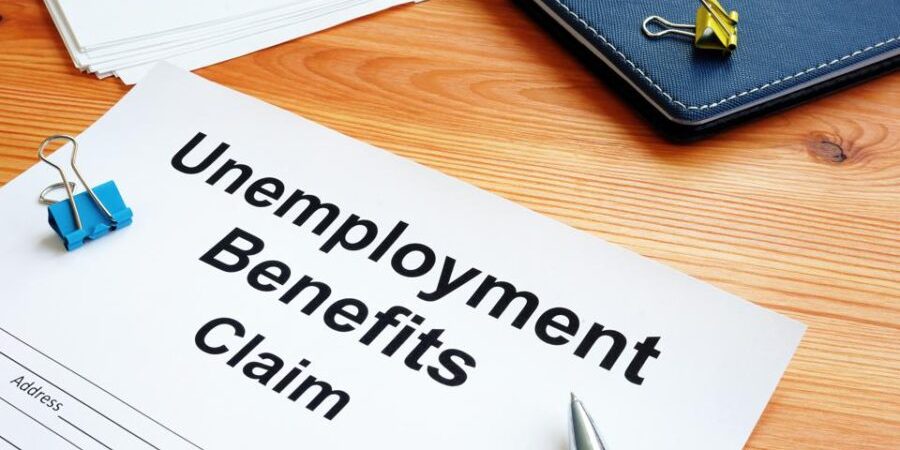Navigating Unemployment Benefits Delays
Unemployment benefits are a lifeline for individuals who find themselves without a job, providing financial support during challenging times. However, one common issue that can cause frustration and anxiety among claimants is the delay in receiving these crucial benefits. Understanding how to navigate these delays helps relieve stress as you await your benefits.

What Causes Unemployment Delays?
Delays often occur during the initial application stage as the Department of Unemployment Assistance (DUA) verifies the information provided by claimants. Any discrepancies or missing documents can slow down the process.
High volumes of claims can overwhelm state agencies, causing delays in processing and reviewing claims. Oftentimes, high volumes of claims are predicted by increases in unemployment rates in Massachusetts, or even in the United States as a whole. Drops in economic prosperity can also be a key indicator that application volumes may be high.
Some unemployment claims are more complex than others, requiring additional time for review. For instance, claims involving wage disputes, voluntary resignations, or eligibility issues may take longer to resolve. You can always continue to check the status of your unemployment application to ensure that the DUA has everything they need to help you support your claim.
How to Navigate Delays in Unemployment Benefits
A delay can be stressful on anyone trying to receive unemployment benefits from the DUA. While delays can be frustrating it’s important to remain patient and persistent while the DUA staff work to process your claim.
Regularly log in to your online unemployment account to check the status of your claim. This can provide insights into whether there are any issues or requirements that need to be addressed. If you notice a significant delay or suspect there is an issue with your claim, reach out to the DUA’s customer service. Be prepared to provide your claim details and any relevant documents they may request. Keep a record of all your interactions with the DUA, including dates, times, and the names of the representatives you speak with. This documentation can be helpful if you need to escalate your case.
If you believe your case has been unfairly delayed or mishandled, consider consulting with an unemployment attorney. They can help you navigate the appeals process and advocate on your behalf.
Preventing Unemployment Benefit Delays
Apply for unemployment benefits as soon as you become eligible. Delaying your application can result in a gap in financial assistance. You should also ensure that all information on your application is accurate and consistent. Any discrepancies can trigger delays or denials.
Keep up to date with the latest news and changes in unemployment policies and procedures in your state. Understanding the system can help you avoid common pitfalls. Your unemployment attorney can help you stay up to date on the status of your benefits and appeal process.
Unemployment Benefit Appeals
When individuals are denied unemployment benefits, they have the ability to appeal the decision to the DUA. An unemployment benefit appeal ensures fairness and accountability when it comes to who receives benefits. This allows applicants to provide additional evidence to support their unemployment claim to the DUA.
When navigating the DUA appeals process, you should contact your unemployment attorney to help represent you in your appeal. This process usually begins with filing an appeal to the DUA, followed by a hearing in which you can present supporting evidence and provide testimony to the DUA. With an experienced DUA attorney by your side, you have the best chance at receiving your unemployment benefits.
Disclaimer
The information contained in this blog is for general information purposes only. Bonville & Howard assumes no responsibility for errors or omissions in the contents of the blog.
In no event shall Bonville & Howard be liable for any special, direct, indirect, consequential, or incidental damages or any damages whatsoever, whether in an action of contract, negligence, or other tort, arising out of or in connection with the use of this blog or the contents of this blog. Bonville & Howard reserves the right to make additions, deletions, or modifications to the contents of this blog at any time without prior notice.
